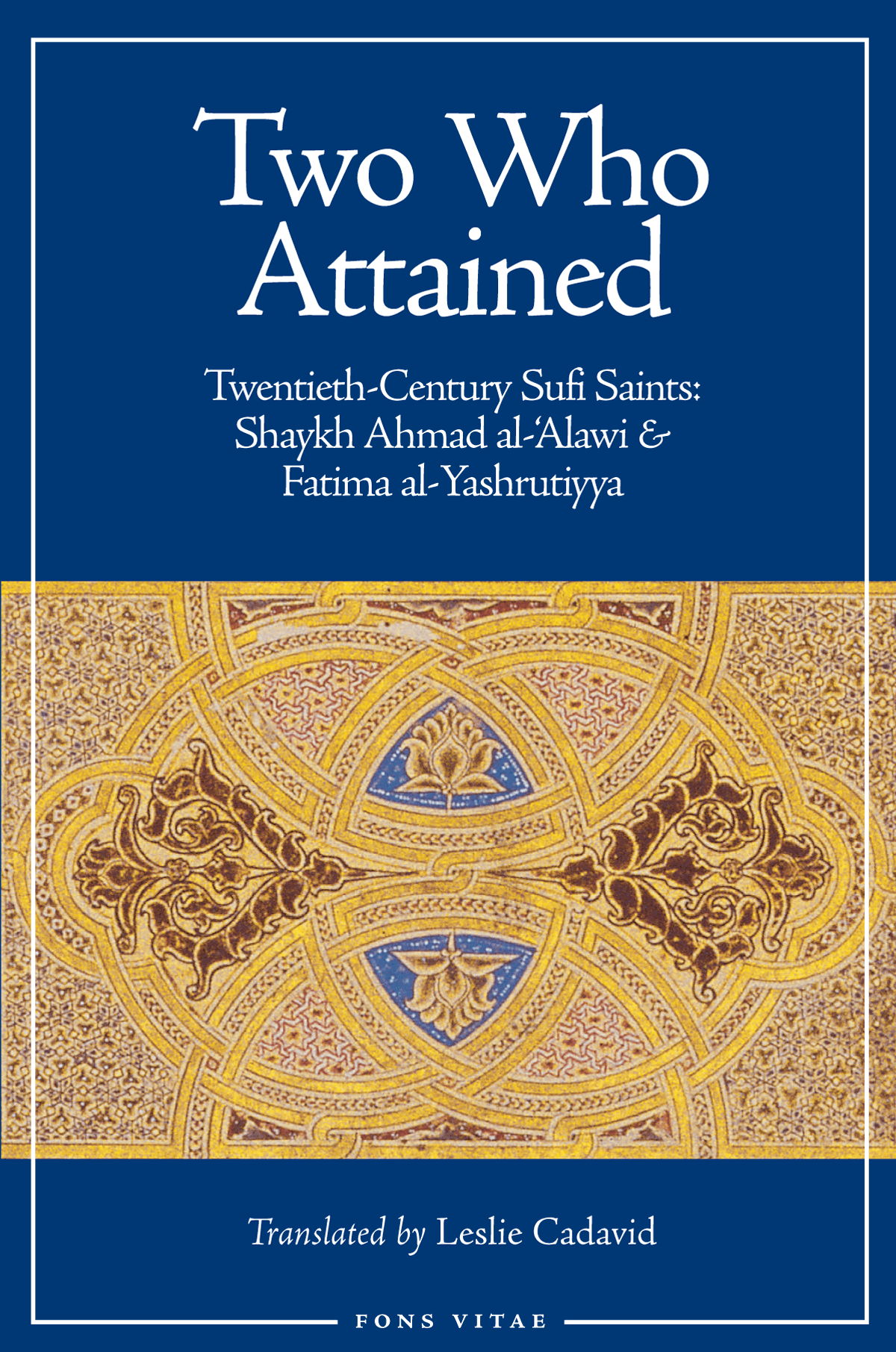Two Who Attained: Twentieth-Century Sufi Saints, Shaykh Ahmad al-‘Alawi & Fatima al-Yashrutiyya
$26.95
Rare glimpses of two 20th-century Sufi saints are offered in this work: the eminent Shaykh al-Alawi, and the lesser-known saint, Fatima al-Yashrutiyya. Through the words of these two saints, the world of the Sufi brotherhood is opened, revealing an underlying theme of the oneness of God.
- 978-1-887752-69-5
- 234
